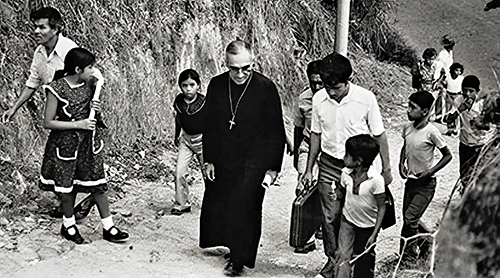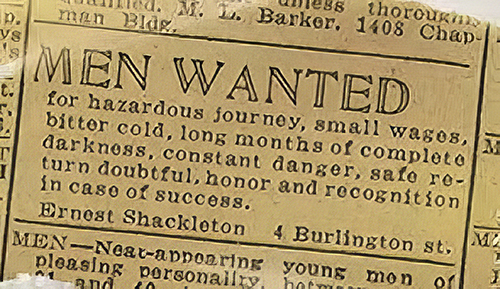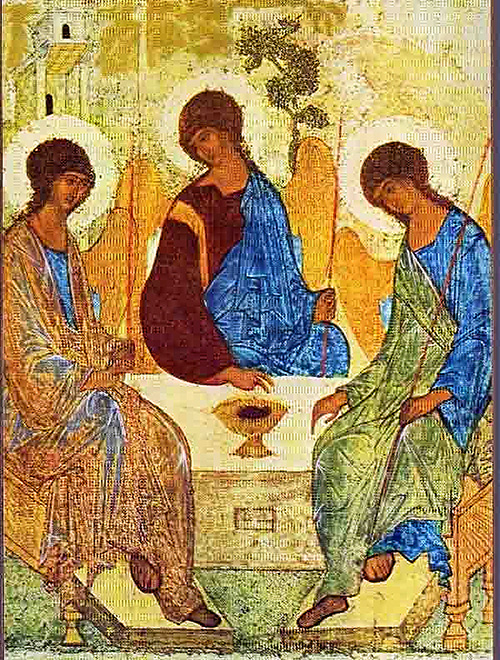
The Irish writer, Oscar Wilde, made a reputation for himself as a fine writer, and was regarded as a celebrity as well.
He was sent to prison for having a sexual relationship with a young man. It was a terrible humiliation for him.
As two policemen from prison were bringing him to the courthouse, a noisy, hostile crowd had gathered.
But then a friend of Wilde’s appeared, who made a simple gesture of friendship and respect that silenced the crowd – this man raised his hat to Wilde as Wilde passed by.
It was a very small gesture yet meant a great deal to Wilde at the time.
Later, Wilde wrote of the gesture, “I store it in the treasure house of my heart.
I keep it there as a secret debt that I can never possibly repay.
It is embalmed and kept sweet by the myrrh of many tears. “
The small gestures are frequently the most powerful; a cup of tea, giving my seat to another on a bus or train.
Small flowers give off a little scent on their own, however, put a bunch of them together, and they can fill a room with their fragrance.
The dawn chorus results from many birds singing their own tune and filling the entire canopy of trees.
In this Sunday’s Gospel (Matt. 10: 37 – 42), we read, “And whoever gives even a cup of water to one of these little ones in the name of a disciple, truly I tell, none of these will lose their reward. “ ( v. 42 ).
Below is the full text of what Oscar Wilde wrote in his letter, written while imprisoned, known as “De Profundis”
“When I was brought down from my prison to the Court of Bankruptcy, between two policemen,—waited in the long dreary corridor that, before the whole crowd, whom an action so sweet and simple hushed into silence, he might gravely raise his hat to me, as, handcuffed and with bowed head, I passed him by.
“Men have gone to heaven for smaller things than that. It was in this spirit, and with this mode of love that the saints knelt down to wash the feet of the poor or stooped to kiss the leper on the cheek.
“I have never said one single word to him about what he did. I do not know to the present moment whether he is aware that I was even conscious of his action.
“It is not a thing for which one can render formal thanks in formal words. I store it in the treasure house of my heart.
“I keep it there as a secret debt that I am glad to think I can never possibly repay. It is embalmed and kept sweet by the myrrh and cassia of many tears.”



